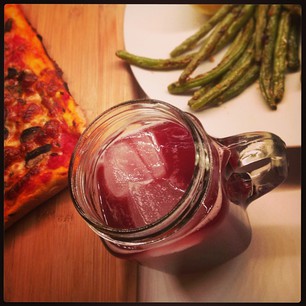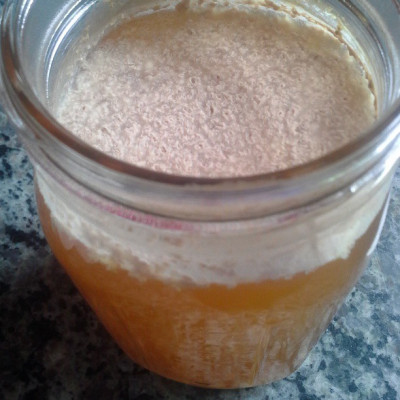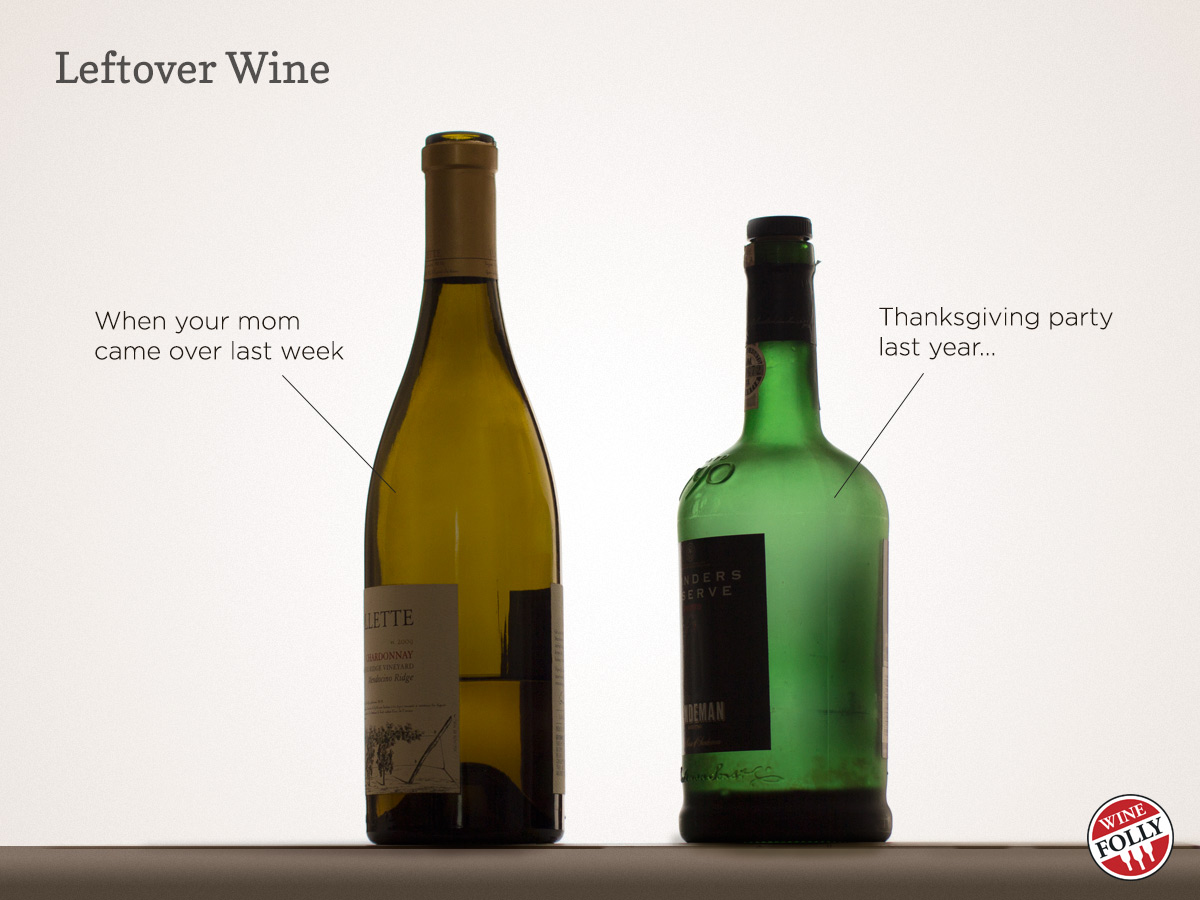Do you have an unfinished bottle of wine lurking in your fridge that you don’t want to go to waste? Here are 3 creative uses for both red and white leftover wine.
What to Do With Leftover Wine
First Things First: Are You Storing it Properly?
Most standard drinking wines are very unstable and won’t last more than a few days open. Here’s how you can store leftover wine so it lasts:
- Consolidate leftover wine into 2 bottles (red & white) in the fridge. Preserve with a Vacuvin
- Freeze wine in ice trays and save cubes for cooking
1. Use Leftover Wine for Cooking
 Most recipes will call for a cup of wine to be reduced into a sauce or a stew. If you save your wine in standard ice cube trays, a cup of wine will be about 10-12 cubes. Want to know more about how to use wine when cooking? Check out:
Most recipes will call for a cup of wine to be reduced into a sauce or a stew. If you save your wine in standard ice cube trays, a cup of wine will be about 10-12 cubes. Want to know more about how to use wine when cooking? Check out:
- How to Make Awesome Wine Sauce
- How to Pick The Right White for Cooking
- Overview of all Types of Cooking Wine
2. Make Sangria, Mulled Wine or a Wine Cooler

- Turn a bad Red Wine into Easy Sangria
- Turn a bad White Wine into a Wine Cooler
- Make Mulled Wine or Gløgg (pronounced ‘mold’)
3. Make Your Own Wine Vinegar
This is for those of you who are crafty. If you don’t consider yourself a crafty DIY’er, this is not for you. If you are, a homemade vinegar with leftover wine will actually be far superior and uniquely flavored to most grocery store wine vinegars!

Then, put 3 parts wine to 1 part vinegar together in a container (glass, ceramic or stainless steel) with a large open spout and cheesecloth over the top. How long it takes will depend on how warm the room is and how much oxygen exposure the container has.
Over the course of a couple of weeks, several gross looking gelatinous films will develop on the surface and sink to the bottom. This is good. Test your vinegar periodically after it starts to smell ‘vinegar-y’, because it will become more acidic over time. When you like it, strain it, bottle it, and put it in the fridge (to stop continued growth).
Homemade wine vinegar can age in corked bottles or even small wooden barrels so that they ‘soften’ slightly and taste delicious.



